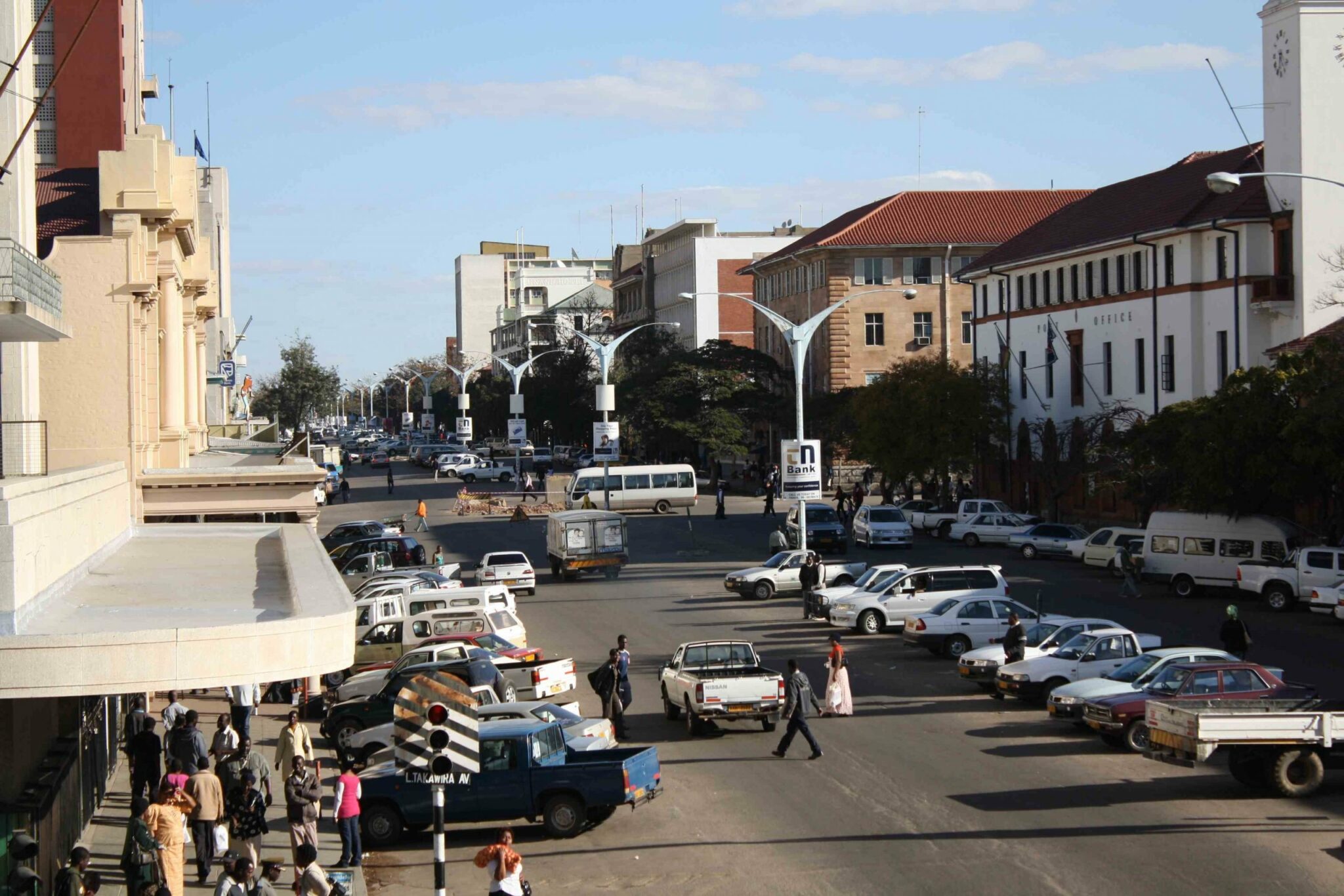Background: On Wednesday, February 5, 2020 Bulawayo councillors passed a resolution to rename some of the city’s major roads and buildings with a view to preserving the pre-colonial, colonial and post-colonial history and heritage of the Zimbabwe’s second largest city.
The special resolution, however, came after central government had in November last year announced a number of street name changes across the country including Bulawayo.
The development set the local authority and government on a collision course, with the former saying the renaming of streets was their mandate and not of the latter.
State-controlled daily newspaper, the Chronicle on February 7, 2020 quotes Local Government and Public Works Deputy Minister, Marian Chombo, claiming BCC has no powers to change street and buildings names but can only submit proposals to Cabinet that has a final say on any name changes.
Chombo is therefore quoted by the Chronicle as saying: “The Urban Councils Act gives council power to give names to new roads and numbers to houses but only Cabinet has the powers to make name alterations of roads. If council builds a new road, they can give it a name but they can’t change the name of an existing one as they don’t have the powers. Local authorities should submit their proposals for name changes to Cabinet for consideration. They have no power whatsoever to effect the name changes without Cabinet approval. If Cabinet gazettes the name changes then that’s final.”
Verdict: True
Bulawayo mayor, Solomon Mguni, in November 2019 said it was the Council’s mandate to change streets names and did not know about the proposed changes.
“Approval from government is only sought when we want to name a road after a national hero. That is according to Section 212 of the Urban Councils Act. The procedure is, a street subcommittee from council sits down, proposes a name change and reports to Council. The request is then considered for approval,” explained Mguni.
“If the street name to be changed is to be a name of a hero, the council seeks approval from government. But if the change if just an ordinary name, the council will just name. This is what happened when we changed Main Street to Joshua Nkomo.”
According to the city’s mayor, the government can only change names of highways and other structures that are not within the jurisdiction of local authorities.
The Constitution of Zimbabwe in Section 274 on local authorities reads: “(1) There are urban local authorities to represent and manage the affairs of people in urban areas throughout Zimbabwe. (2) Urban local authorities are managed by councils composed of councillors elected by registered voters in the urban areas concerned and presided over by elected mayors or chairpersons, by whatever name called.”
Section 276 of the same charter on functions of local authorities, says: “(1) Subject to this Constitution and any Act of Parliament, a local authority has the right to govern, on its own initiative, the local affairs of the people within the area for which it has been established, and has all the powers necessary for it to do so.
(2) An Act of Parliament may confer functions on local authorities, including—
(a) a power to make by-laws, regulations or rules for the effective administration of the areas for which they have been established;
(b) a power to levy rates and taxes and generally to raise sufficient revenue for them to carry out their objects and responsibilities.”
The Urban Councils Act in Section 212 (1) on Numbering of houses and naming of roads, reads: “ (1) The council may from time to time assign names to roads within the council area and cause the name of any road to be affixed to or painted on any house, building or other structure fronting upon any part of such road.”
Both the Constitution and the Urban Councils Act are not direct and specific when it comes to the renaming of streets.
However, Constitutional law expert, Professor Lovemore Madhuku, told CITE local authorities do not have the mandate to change street names.
“The law is very clear,” said Professor Madhuku.
“They (local authorities) can recommend the renaming of the streets but the ultimate decision lies with the Minister of the central government. You cannot just come up a give a name to a street without the approval of government. That is the law.”
Professor Madhuku said the procedure in the renaming of streets was provided for in the Names Alteration Act.
“It is not in the Urban Councils or Rural District Councils Act. It is in a separate Act of Parliament, called the Names Alteration Act. This is very clear; you do not even need legal opinion on that,” Professor Madhuku said.
“It is a very straight-forward position of the law. Local authorities cannot rename a street. If they are renaming a street that already has a name, they cannot change that into anything.”
Section 4 of the Names Alteration Act, reads: “ (1) Subject to subsection (2) and section ten, the Minister may, by statutory instrument, from time to time amend the Schedule by adding thereto the name of any local authority, institution, statutory body, place or area or by subtracting any name therefrom or altering any name specified therein. (2) The Minister shall not alter the name of any public building, road or street in terms of subsection (1) except after consultation with the person in whom the ownership or control of the building, road or street is vested.”

